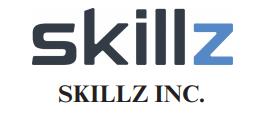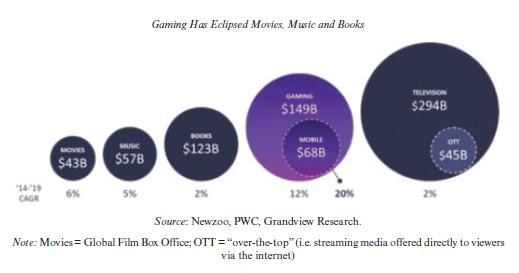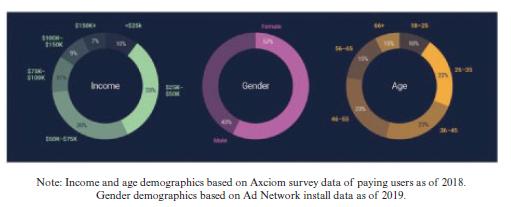In addition, our ability to execute our strategy depends on our continued ability to identify, hire, develop, motivate and retain highly skilled employees, particularly in the competitive fields of game design, product management, engineering and data science. These employees are in high demand, and we devote significant resources to identifying, recruiting, hiring, training, successfully integrating and retaining them. Interviewing, hiring and integrating new employees has and will continue to be particularly challenging during the COVID-19 pandemic. We have continued to experience significant turnover in our headcount, which has placed and will continue to place significant demands on our management and our operational, financial and technological infrastructure. As part of our global remote working plans, throughout the duration of the COVID-19 pandemic, we will devote increased efforts to maintaining the collaborative culture of Skillz, including through the use of videoconferencing and other online communication and sharing tools, and each of our global studios and to monitoring the health, safety, morale and productivity of our employees, including new employees, as we evaluate the impacts of this changing situation on our business and employees.
We believe that two critical components of our success and our ability to retain our best people are our culture and our competitive compensation practices. Any volatility in our operating results and the trading price of our Class A common stock may cause our employee base to be more vulnerable to be targeted for recruitment by competitors. While we believe we compete favorably, competition for highly skilled employees is intense, particularly in the San Francisco Bay Area, where our operations are based. If we are unable to identify, hire and retain our senior management team and our key employees, our business, financial condition or results of operations could be harmed. Moreover, if our team fails to work together effectively to execute our plans and strategies on a timely basis, our business, financial condition, results of operations and prospects could be materially adversely affected.
If the use of mobile devices as game platforms and the proliferation of mobile devices generally do not increase, our business could be adversely affected.
The number of people using mobile Internet-enabled devices has increased dramatically over time and we expect that this trend will continue. However, the mobile market, particularly the market for mobile games, may not grow in the way we anticipate. Our future success is substantially dependent upon the continued growth of the market for mobile games. In addition, we do not currently offer our games on all mobile devices. If the mobile devices on which our games are available decline in popularity or become obsolete faster than anticipated, we could experience a decline in revenue and bookings and may not achieve the anticipated return on our development efforts. Any such declines in the growth of the mobile market or in the use of mobile devices for games could harm our business, financial condition, results of operations and prospects.
We are a party to pending litigation with various plaintiffs and we may be subject to future litigation in the operation of our business. An adverse outcome in one or more proceedings could adversely affect our business.
We may be involved in claims, suits, government investigations, and proceedings arising in the ordinary course of our business, including actions with respect to intellectual property claims, privacy, data protection or law enforcement matters, tax matters, labor and employment claims, commercial and acquisition-related claims and other matters. Such claims, suits, government investigations, and proceedings are inherently uncertain and their results cannot be predicted with certainty. Regardless of their outcomes, such legal proceedings can have an adverse impact on us because of legal costs, diversion of management and other personnel, and other factors. It is possible that a resolution of one or more such proceedings could result in liability, penalties, or sanctions, as well as judgments, consent decrees, or orders preventing us from offering certain features, functionalities, products, or services, or requiring a change in our business practices, products or technologies, which could in the future materially and adversely affect our business, financial condition, results of operations, reputation and prospects.
In addition, we use open source software in our game development and expect to continue to use open source software in the future. From time to time, we may face claims from companies that incorporate open source software into their products, claiming ownership of, or demanding release of, the source code, the open source software and/or derivative works that were developed using such software, or otherwise seeking to enforce the terms of the applicable open source license. These claims could also result in litigation, require us to purchase a costly license or require us to devote additional research and development resources to change our games, any of which would have a negative effect on our business, financial condition or results of operations.



